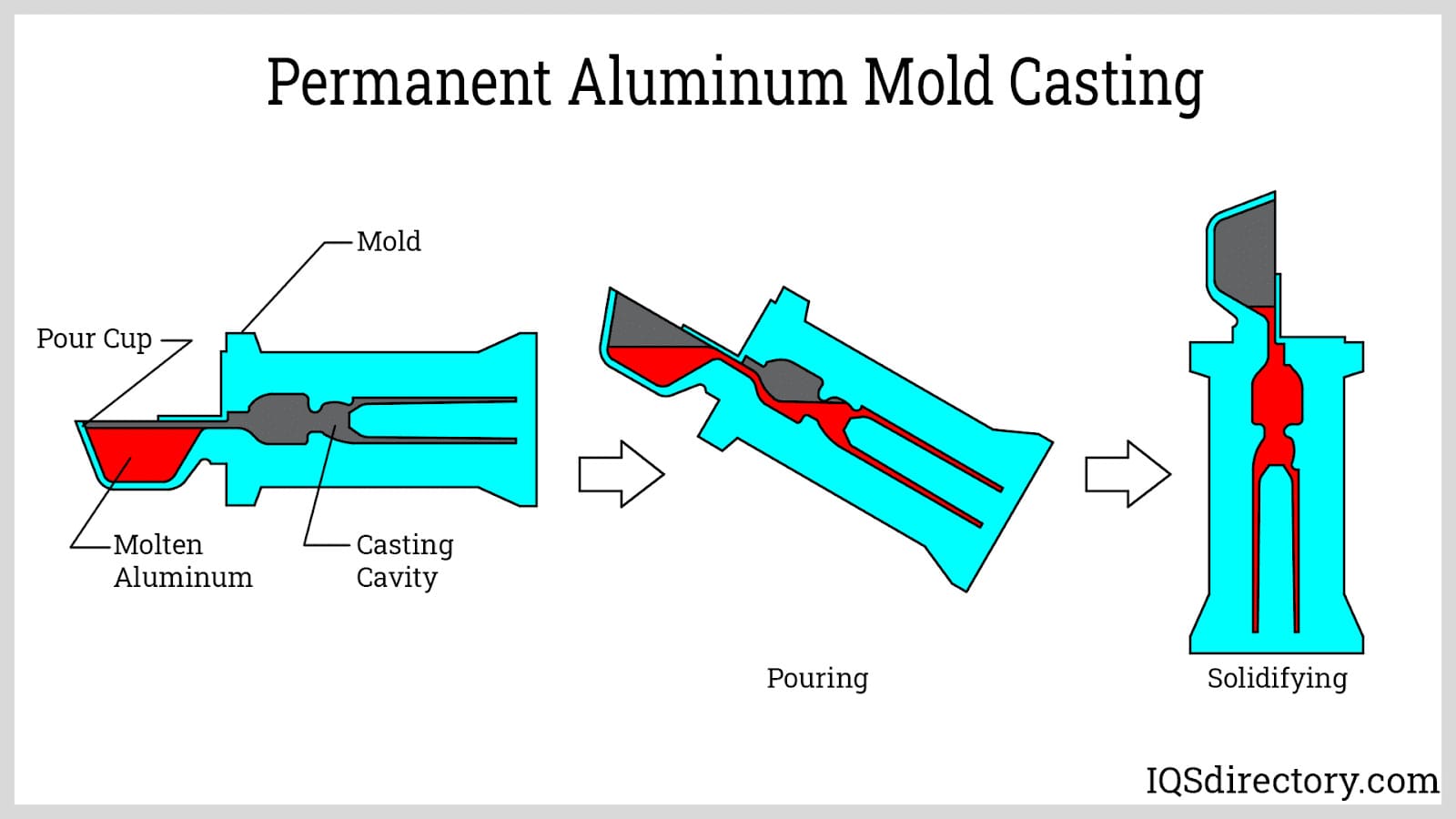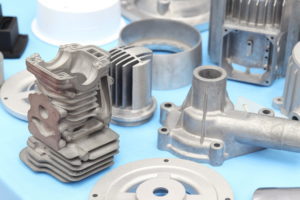The Buzz on Stahl Specialty Company
The Buzz on Stahl Specialty Company
Blog Article
How Stahl Specialty Company can Save You Time, Stress, and Money.
Table of ContentsAll about Stahl Specialty CompanyThe Only Guide to Stahl Specialty CompanyStahl Specialty Company for DummiesWhat Does Stahl Specialty Company Mean?Stahl Specialty Company for Dummies
The refined distinction depends on the chemical web content. Chemical Contrast of Cast Light weight aluminum Alloys Silicon advertises castability by decreasing the alloy's melting temperature and enhancing fluidity during spreading. It plays a crucial role in allowing elaborate molds to be filled up accurately. Furthermore, silicon contributes to the alloy's stamina and wear resistance, making it useful in applications where toughness is crucial, such as automotive parts and engine elements.It also boosts the machinability of the alloy, making it less complicated to process into ended up items. In this way, iron adds to the total workability of aluminum alloys.
Manganese adds to the stamina of aluminum alloys and improves workability. It is commonly made use of in functioned aluminum items like sheets, extrusions, and profiles. The existence of manganese help in the alloy's formability and resistance to splitting throughout fabrication procedures. Magnesium is a lightweight component that offers toughness and effect resistance to light weight aluminum alloys.
It enables the production of lightweight parts with outstanding mechanical properties. Zinc enhances the castability of aluminum alloys and aids manage the solidification process throughout spreading. It boosts the alloy's toughness and solidity. It is commonly discovered in applications where intricate forms and great details are needed, such as attractive castings and particular automobile parts.
Not known Facts About Stahl Specialty Company
Because aluminum-silicon alloys have great casting homes, high gas buildings, straightforward processes, and exceptional deterioration resistance, aluminum-silicon alloys are most commonly utilized in the die-casting industry at home and abroad. At the same time, aluminum-silicon alloys are also relatively early and widely acknowledged alloys developed and used in die-casting. After continual research and renovation, the majority of the present international mainstream aluminum-silicon alloys have been finalized and are nothing more than A356, A360, A380, ADC12, B390, and A413.
The key thermal conductivity, tensile toughness, yield strength, and prolongation differ. Among the above alloys, A356 has the greatest thermal conductivity, and A380 and ADC12 have the lowest.

Stahl Specialty Company Things To Know Before You Buy
In precision casting, 6063 is appropriate for applications where elaborate geometries and top notch surface finishes are extremely important. Instances include telecommunication rooms, where the alloy's superior formability allows for sleek and visually pleasing designs while maintaining architectural honesty. Likewise, in the Lights Solutions market, precision-cast 6063 elements produce stylish and effective illumination components that require elaborate shapes and excellent thermal efficiency.
(https://sketchfab.com/stahlspecialc)
The A360 displays exceptional prolongation, making it ideal for complex and thin-walled parts. In accuracy casting applications, A360 is appropriate for sectors such as Consumer Electronic Devices, Telecommunication, and Power Devices.

In accuracy spreading, aluminum 413 radiates in the Customer Electronics and Power Equipment markets. This alloy's remarkable corrosion resistance makes it an outstanding selection for outdoor applications, making sure lasting, durable items in the stated markets.
Little Known Facts About Stahl Specialty Company.
The aluminum alloy you pick will significantly influence both the casting process and the buildings of the last product. Due to the fact that of this, you must make your choice very carefully and take an educated method.
Determining one of the most suitable light weight aluminum alloy for your application will imply evaluating a large range of attributes. These relative alloy characteristics comply with the North American Pass Away Spreading Organization's guidelines, and we've split them into 2 groups. Casting Foundry. The first classification addresses alloy qualities that affect the manufacturing procedure. The second covers features affecting the residential or commercial properties of the last product.
The alloy you pick for die casting straight impacts several facets of the casting process, like exactly how very easy the alloy is to deal with and if it is vulnerable to casting issues. Warm splitting, likewise referred to as solidification splitting, is a typical die spreading problem for aluminum alloys that can result in internal or surface-level tears or cracks.
What Does Stahl Specialty Company Do?
Particular aluminum alloys are extra at risk to hot fracturing than others, and your option Bonuses should consider this. Another common flaw discovered in the die spreading of light weight aluminum is die soldering, which is when the cast sticks to the die walls and makes ejection hard. It can harm both the actors and the die, so you must search for alloys with high anti-soldering buildings.
Deterioration resistance, which is currently a notable quality of light weight aluminum, can differ considerably from alloy to alloy and is a vital particular to take into consideration depending upon the environmental problems your product will certainly be subjected to. Put on resistance is another home frequently looked for in light weight aluminum items and can separate some alloys.
Report this page